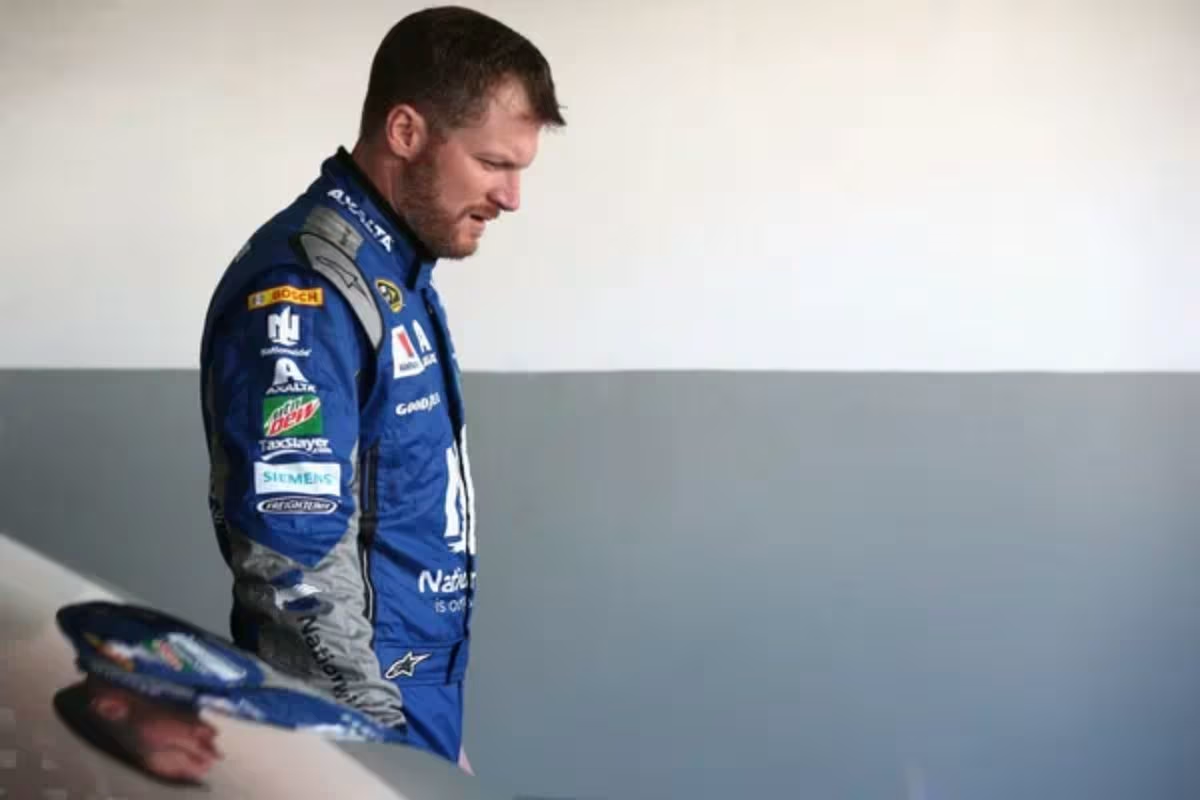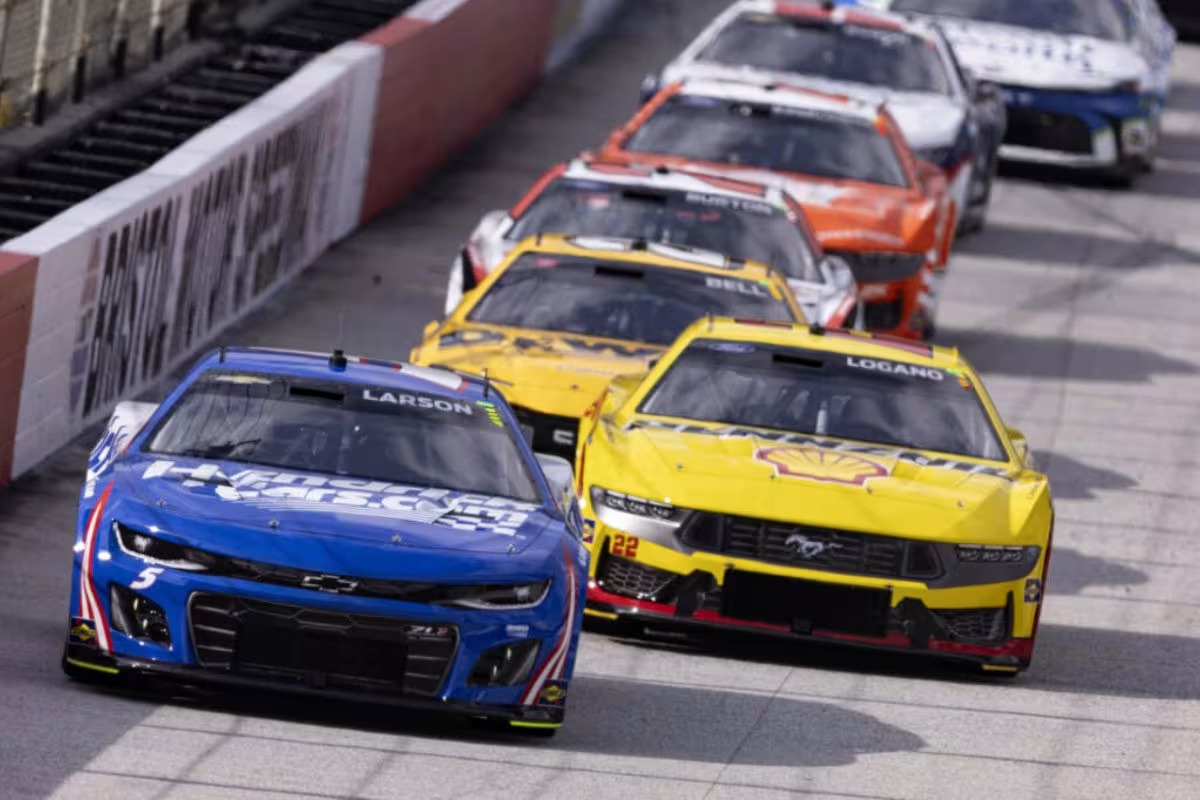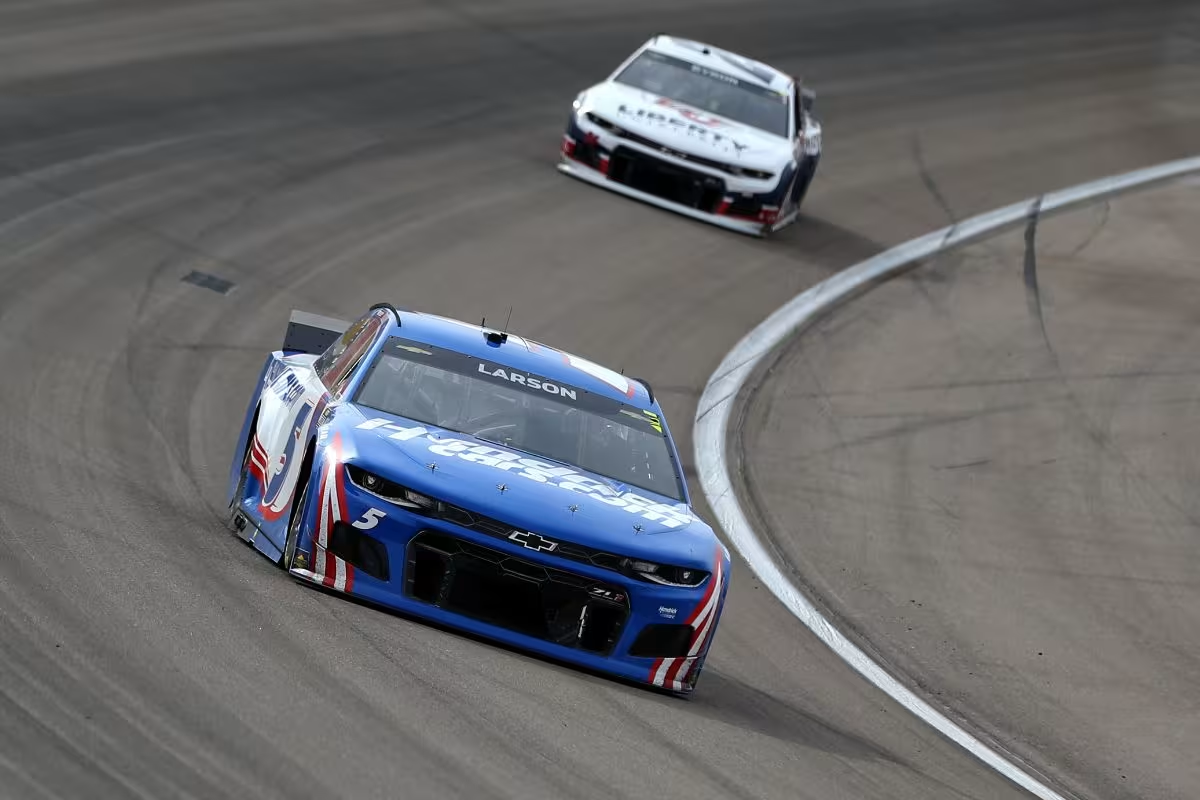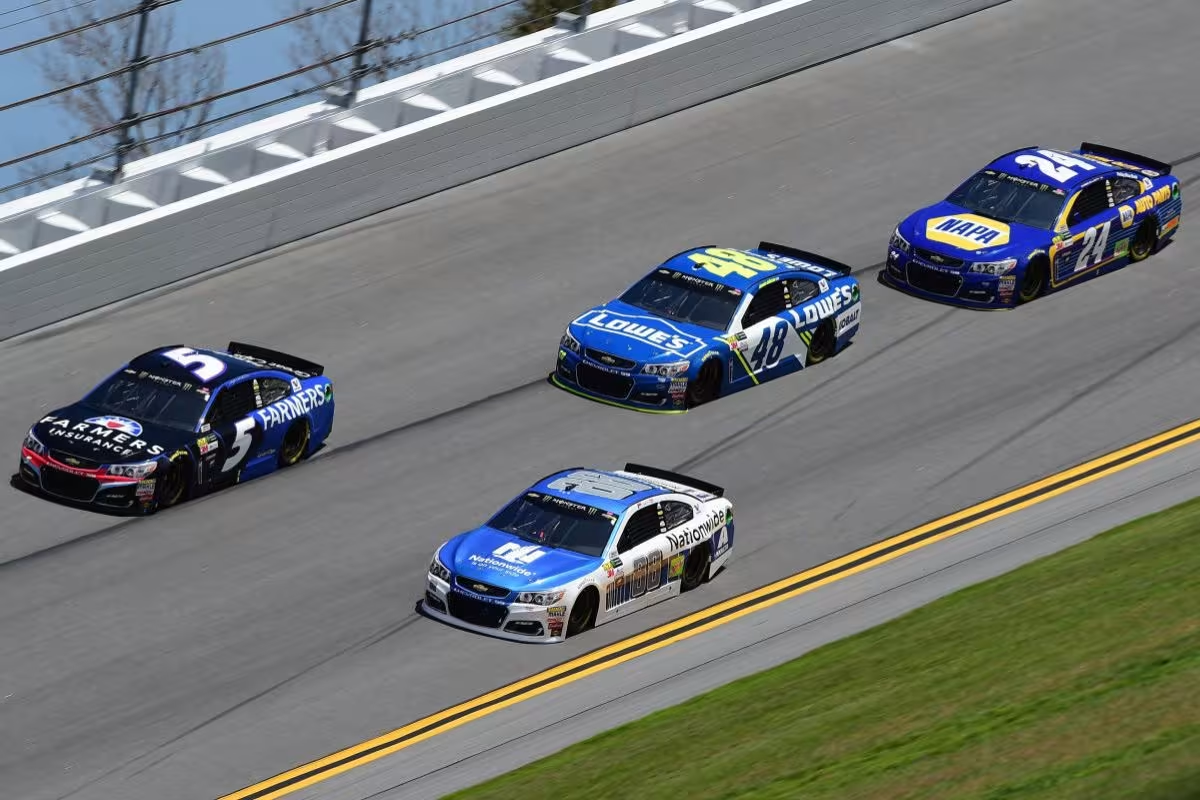Dale Jr. Regrets His Most Important Decision: Dale Earnhardt Jr. is traversing the emotional complexities that accompany life after NASCAR, often reflecting on his decision to retire. Initially, he felt relief, but over time, an underlying sense of loss emerged. Racing was not just a profession for him; it defined his identity for decades. Competing shaped his existence, making the shift multifaceted and challenging. His continued contributions as a commentator are noteworthy, yet they highlight the contrast between past glory and present realities.
Key Highlights
- Dale Earnhardt Jr. initially felt relief after retiring but later experienced a growing sense of loss tied to his racing identity.
- The transition from full-time driver to commentator has presented challenges in adapting to a new professional role and lifestyle.
- His competitive spirit remains strong, leading to reflections on what he misses most about the thrill of racing.
- The emotional complexities of retirement highlight the difficulties of letting go of a lifelong passion and career.
- Earnhardt Jr.’s ongoing involvement in NASCAR as a commentator shows his enduring connection to the sport, despite retirement.
Reflections on Retirement
In his recent reflections on retirement, Dale Earnhardt Jr. has openly expressed the complexities of shifting from a full-time NASCAR driver to a part-time competitor. In the beginning, Earnhardt Jr. relished his newfound freedom after stepping away from the relentless demands of racing, describing his first year of retirement as a period of relief and rejuvenation.
However, as time progressed, he found himself grappling with an unexpected sense of loss, revealing that his enjoyment of retirement had diminished with each passing year.
“I had a weird deal where I was fricking awesome with being retired my first year. I was so glad to be out of the grind, but each year it’s gotten worse.” – (Dale Earnhardt Jr.)
This introspection highlights the profound impact that competitive racing had on Earnhardt Jr.’s identity. Transitioning from the adrenaline-fueled environment of full-time NASCAR to a more subdued part-time role has presented challenges that extend beyond the racetrack.
The thrill of competition, once a staple of his daily life, has been supplanted by a void that is increasingly difficult to fill. His frank remarks signal a universal truth about the complexities of retirement; it is not merely an end but a profound transformation that requires adaptation to a new reality.
Career Achievements
Although Dale Earnhardt Jr. has faced the emotional challenges of retirement, his illustrious career in NASCAR remains a tribute to his remarkable talent and dedication to the sport. With a professional career that spans many years, Earnhardt Jr. solidified his legacy through a series of impressive achievements that resonate with fans and competitors.
His success in the NASCAR Cup Series is highlighted by 26 race wins, including two prestigious Daytona 500 victories in 2004 and 2014. These victories not only emphasize his skill on the track but also reflect a deep connection to one of the sport’s most celebrated events.
Moreover, Earnhardt Jr. exhibited his versatility by clinching the Xfinity Series championship twice, in 1998 and 1999, showing his skill across different racing formats.
| Achievement | Year |
|---|---|
| Daytona 500 Winner | 2004 |
| Daytona 500 Winner | 2014 |
| Xfinity Series Champion | 1998 |
| Xfinity Series Champion | 1999 |
| Cup Series Wins | 26 |
In moving to a role as a commentator for NASCAR on NBC, and later to Amazon and TNT for NASCAR’s next TV contract in 2025, Earnhardt Jr. continues to shape the sport’s narrative. His contributions extend beyond the racetrack, ensuring his legacy endures in the hearts of many.
Comments on Hendrick Motorsports’ Decision
Dale Earnhardt Jr. expressed his astonishment regarding Hendrick Motorsports‘ decision not to appeal Alex Bowman’s recent disqualification, a move that has considerable implications for the playoff standings.
Bowman’s No. 48 car was disqualified from the Charlotte Roval race after failing a critical mechanical inspection due to being underweight, effectively removing him from the top eight playoff spots. This crucial moment has raised eyebrows not only among fans but also within NASCAR.
In a recent episode of his podcast, Dale Jr. Download, Earnhardt Jr. articulated his surprise, emphasizing that such lapses are usually caught by seasoned engineers adept at identifying potential pitfalls. The choice to forgo an appeal suggests a deeper tactical consideration, one that may prioritize long-term team integrity over immediate gains.
“The team at one point yesterday was still as confused as the rest of us. That was a bit surprising because the teams are good enough, all the guys and the technical crew chief, engineers, if the car is light, they can probably look at the car and spend 20 minutes in the garage and go, ‘Yup, there it is. There’s the problem.’ And still hours later, they were like dumbfounded or just still unsure as to how this could happen.” – (Dale Earnhardt Jr.)
Missing things just proves how much you appreciated them while they were here. 🥹 pic.twitter.com/qljs29mKCa
— Dirty Mo Media (@DirtyMoMedia) October 16, 2024
For a team that has historically been at the forefront of NASCAR, this decision could signal a shift in their approach to race management and mechanical compliance. The consequences of this disqualification extend beyond Bowman’s standings; they flow through the entire Hendrick Motorsports organization.
Insights on Technical Issues
As teams handle the complexities of race day, mechanical issues can profoundly impact performance and outcomes. The recent disarray experienced by Hendrick Motorsports highlights the unpredictable nature of racing technology.
Despite the expertise and experience of their specialized crew and engineers, the team found themselves perplexed by an inexplicable issue related to car weight. This situation brings to light a vital aspect of motorsport: even the most skilled professionals can be left scratching their heads when confronted with unforeseen mechanical anomalies.
Dale Earnhardt Jr. expressed his opinions on this issue, emphasizing that seasoned teams typically can diagnose issues quickly. The expectation is that with a mere 20 minutes in the garage, the engineers should identify a problem, yet hours later, confusion reigned. This unexpected delay not only affects the team’s strategy but also their psychological preparedness during a high-stakes environment.
Moreover, the implications of such specialized challenges extend beyond the track. The inability to present a compelling case for an appeal, as Earnhardt pointed out, places further strain on the team’s confidence and operational integrity.
The loss of essential parts leading to weight discrepancies poses questions about accountability and transparency within the sport. As teams grapple with advancing technologies and stringent regulations, the need for meticulous oversight is paramount.
News in Brief: Dale Jr. Regrets His Most Important Decision
The reflections of Dale Earnhardt Jr. on retirement reveal a complex interplay between career achievements and the challenges of life post-NASCAR. The decision to step away from competitive racing has prompted a reevaluation of identity and purpose, emphasizing the emotional toll associated with such a shift.
Additionally, insights into Hendrick Motorsports’ tactical decisions and mechanical issues highlight the broader implications of the sport’s evolving landscape. Ultimately, the expedition emphasizes the multifaceted nature of retirement for professional athletes.
ALSO READ: The Legendary Achievements of Dale Earnhardt Jr. as He Turns 50




